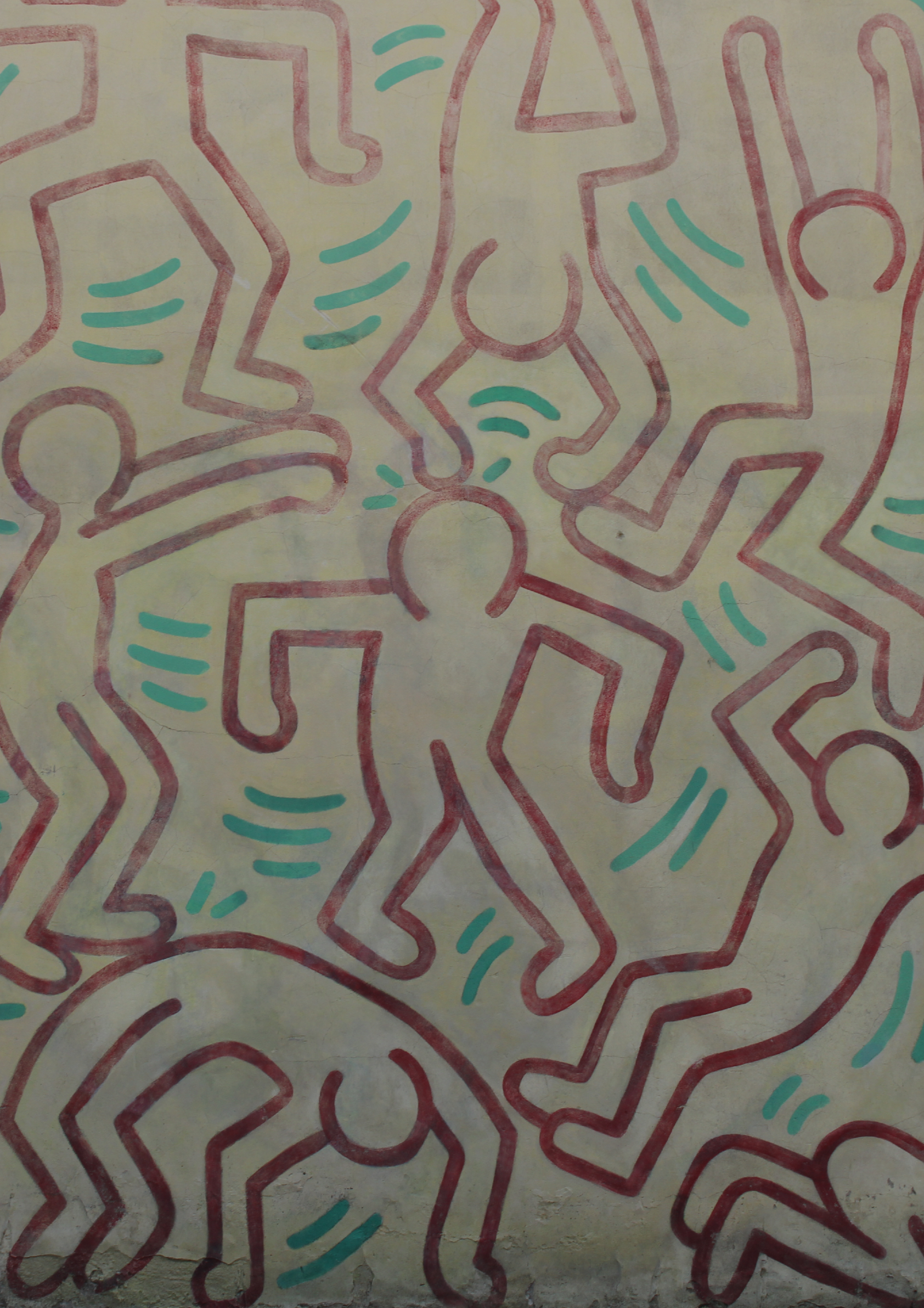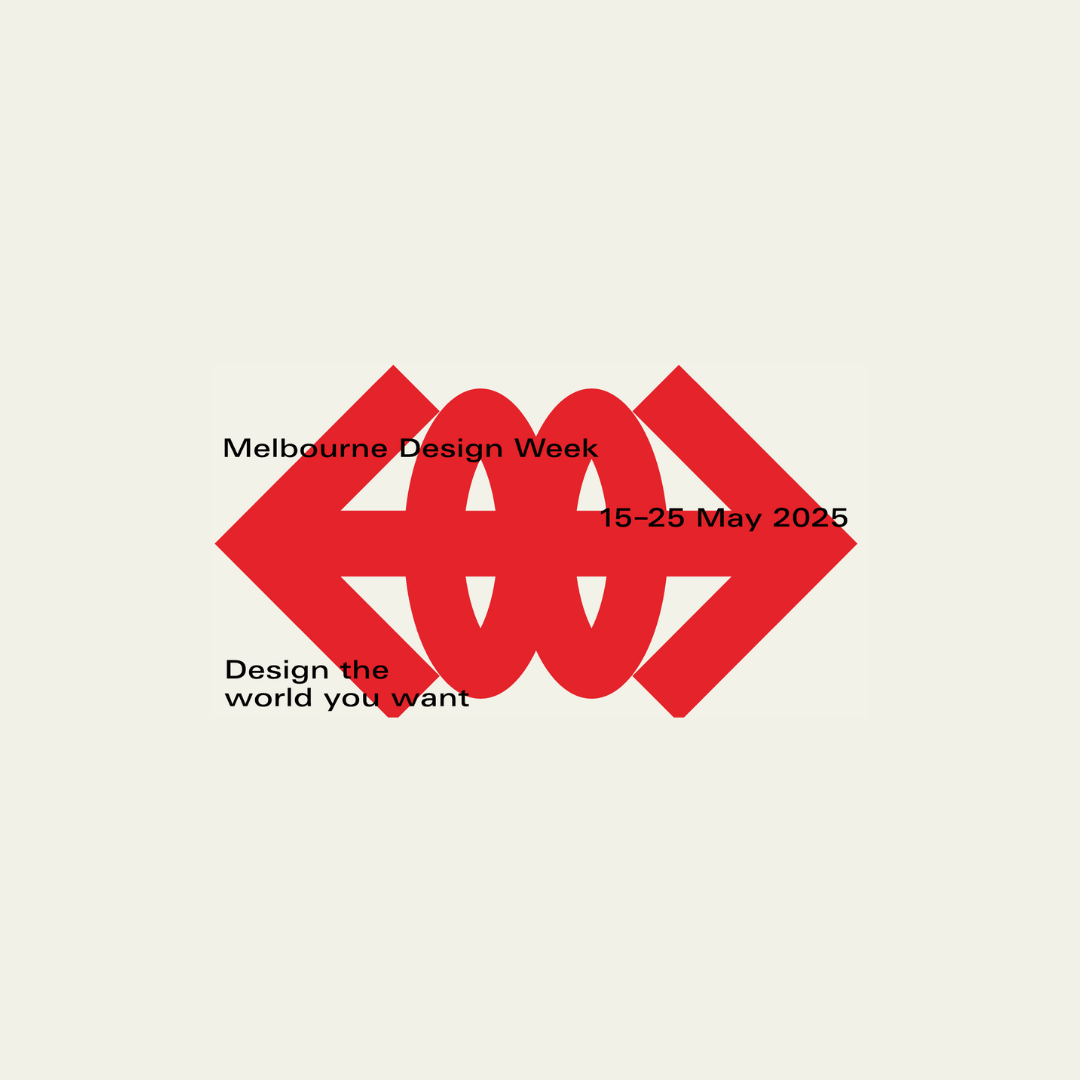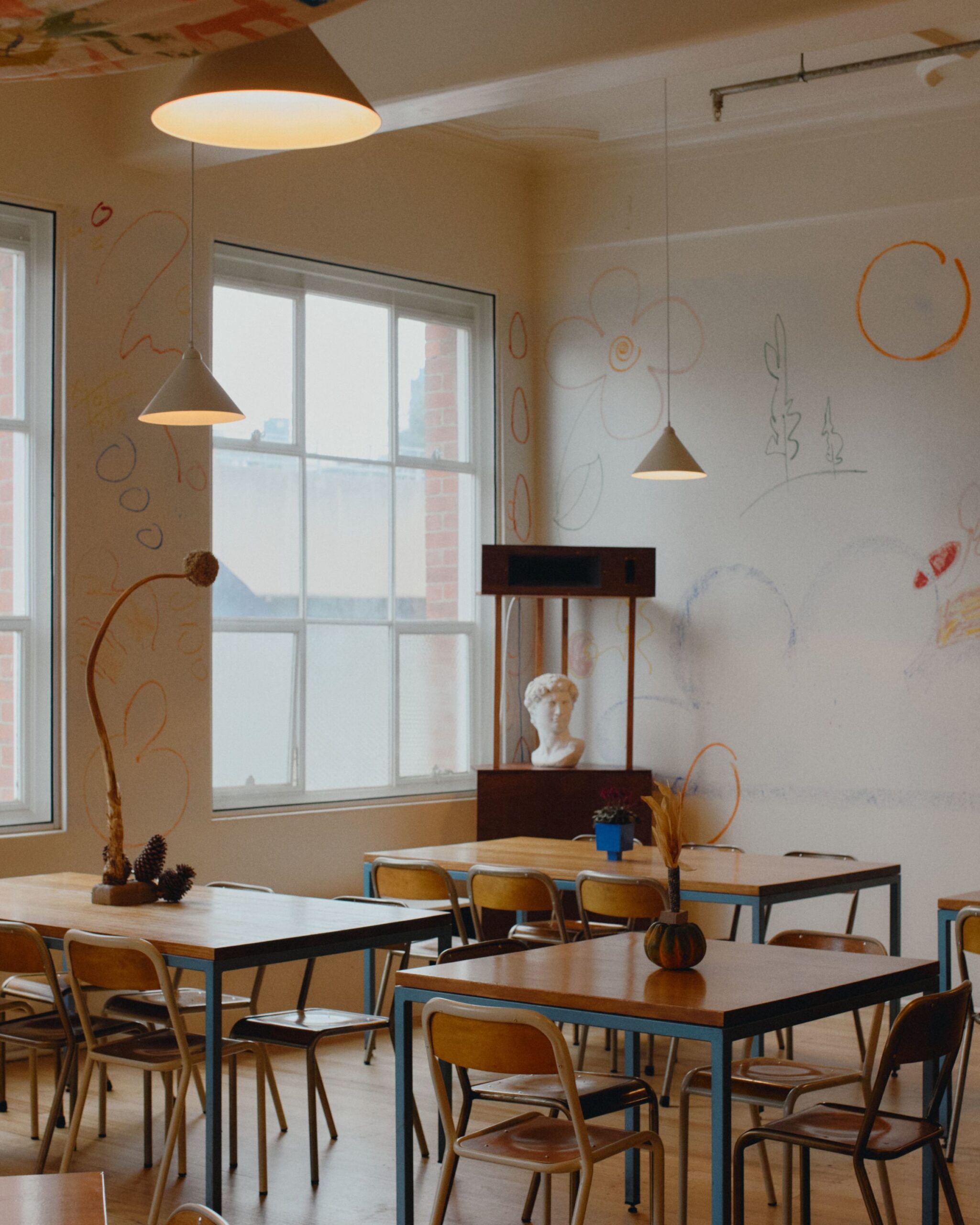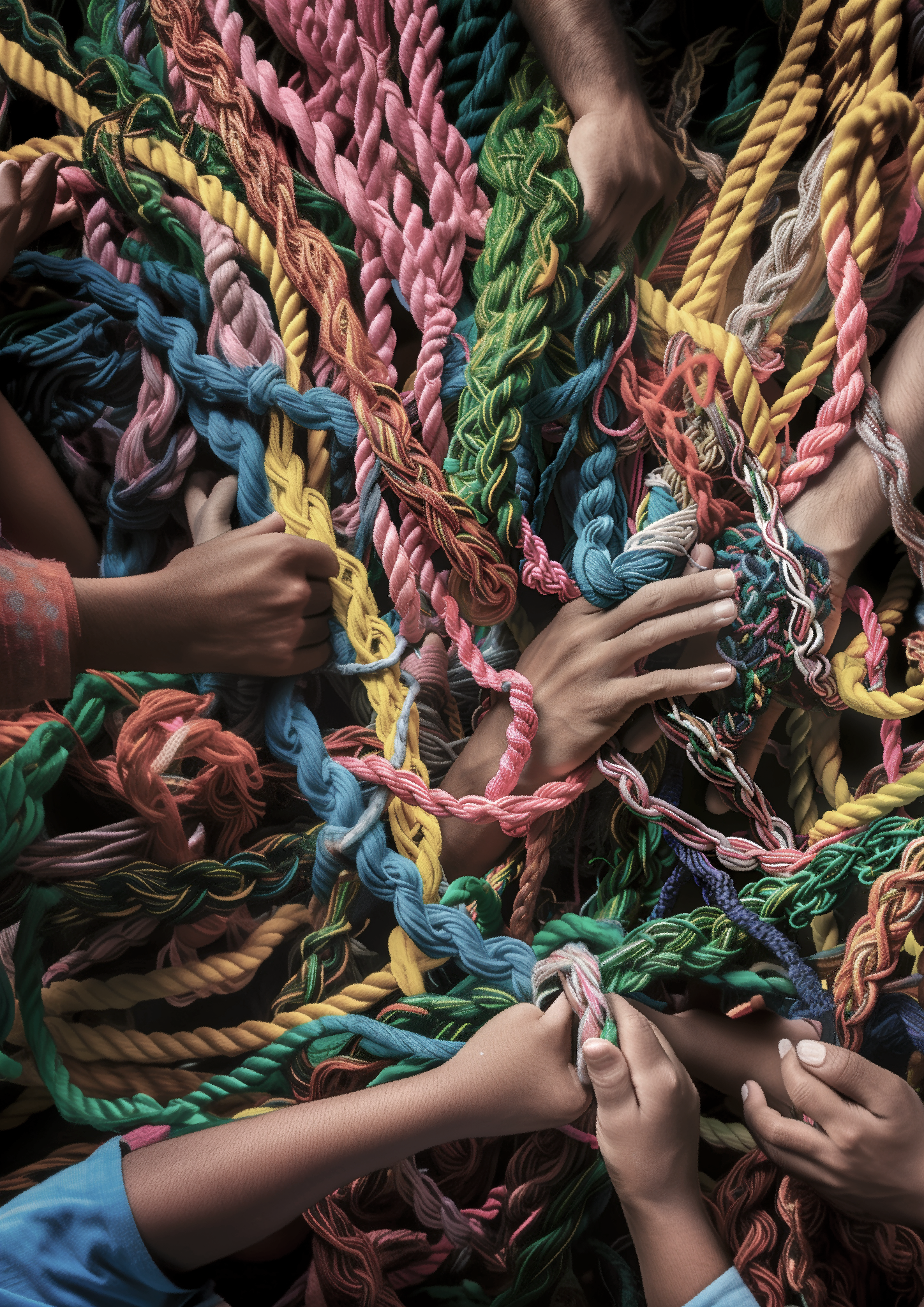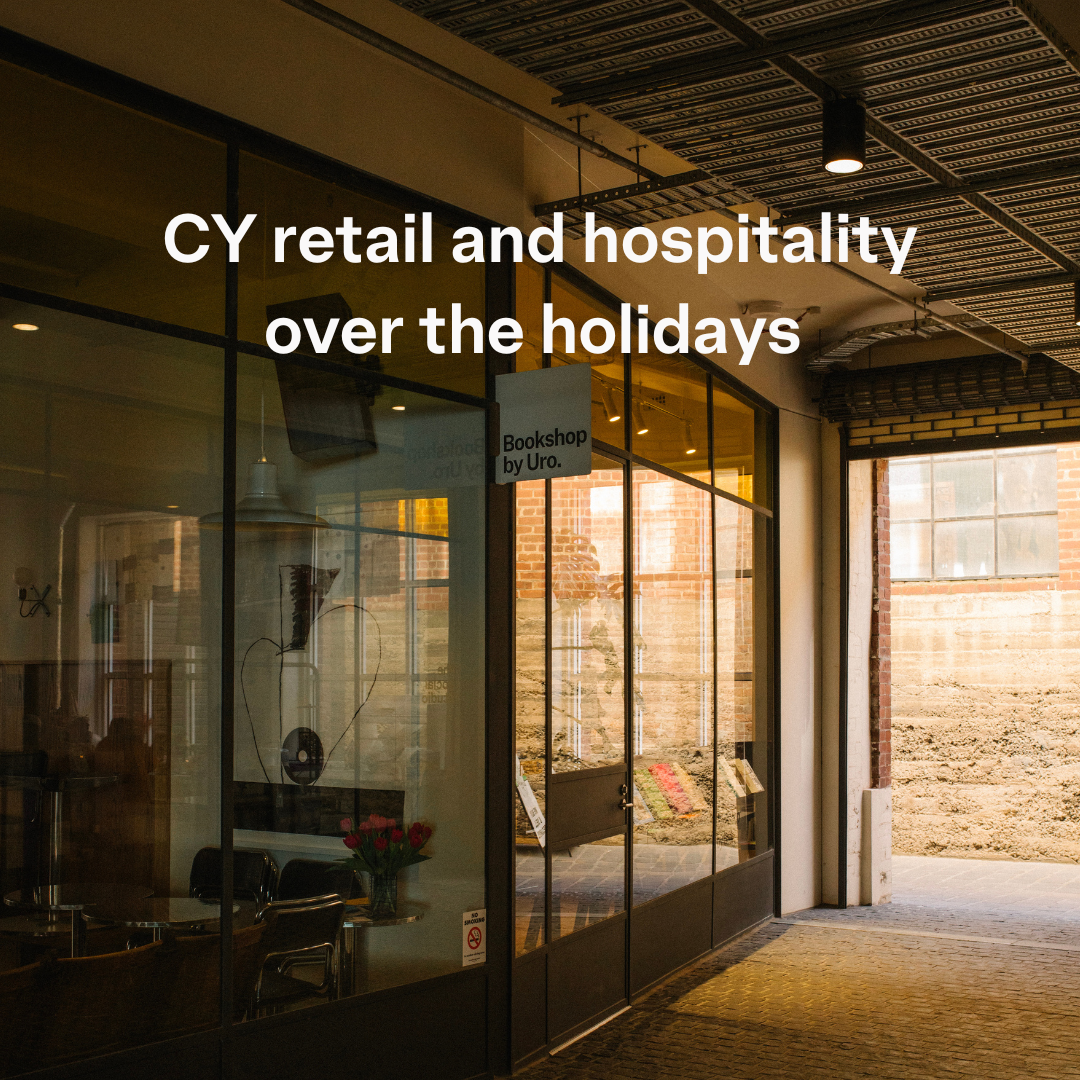In Conversation With
Uncle Andrew Gardner
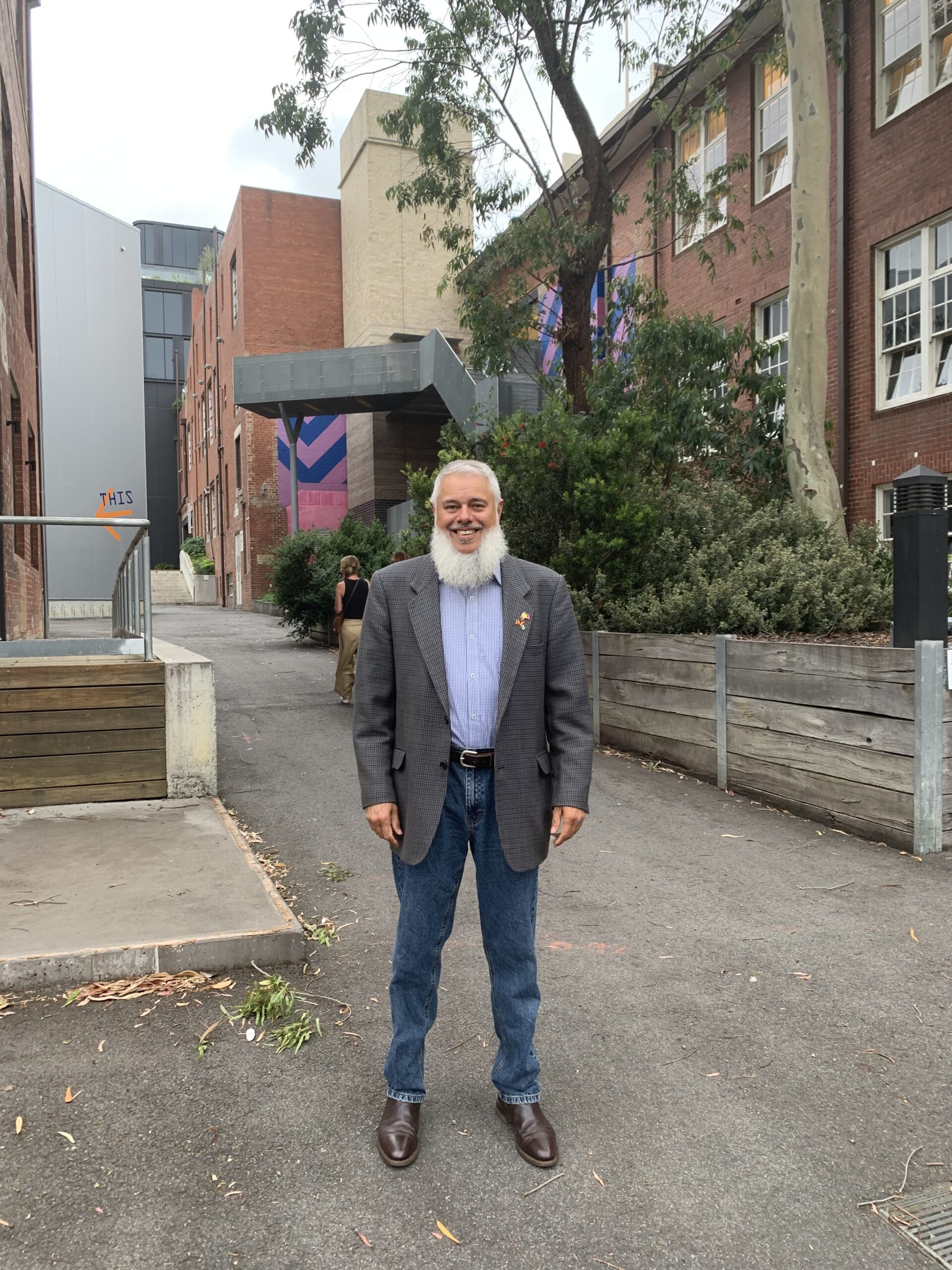
Uncle Andrew is our deputy chair, a proud Wurundjeri clansman of the Woi Wurrung people, and an Aboriginal Muslim Australian. Uncle Andrew’s working life has been in the service of Indigenous communities, Indigenous community control and self-determination.
Uncle Andrew your title Uncle could you give us some insight into what that means for those unfamiliar?
Uncle or Aunty is a mark of respect for an Elder, in the Aboriginal community, and many other communities this is fundamental expectation just by their age, they are respected. For an Elder of the community it is what they have done in their life for the community, their leadership in contributing to the betterment of the community, the knowledge of the family connections, as well as for the knowledge of customary practices, language and protocols. Elders are our knowledge holders and our cultural authority, so the respect is to call them by Uncle and Aunty even if they are not related to you.
You’ve been involved in a number of groups and organisations that advocate for Aboriginals. What are some highlights?
I’ve been fortunate enough to be have been involved in Aboriginal Hostels Limited in the 1980s working in Hostels in Victoria for our mobs. In 1989 I transitioned to the Dandenong Cooperative and held a leadership role there as a Manager till 1990. I worked for state government in Aboriginal Affairs Victoria for seven years and in that time I worked for communities across Victoria to get approval for capital funding for community buildings.
In 1998 I moved to Cairns in Far North Queensland were I was involved with State Government there and worked for communities in developing their Local Justice Groups. This opportunity enabled engagement with Yarrabah, Kowanyama, Pormpurraw, Napranum, Wujal Wujal, Lockhart River, and Bamaga.
In 2005 I returned to Victoria and worked for Dandenong Cooperative again, this time as General Manager and then CEO to develop it structure, programs and services and accreditation capacity over 15 years in Health, Housing, Family Services, Aged Care, Youth Programs and Children in Out Of Home Care. I have held (or currently hold) numerous Board and Committee positions including, but not limited to, Wurundjeri Woi wurrung Corporation (Board member, 2006 – current), Victorian Aboriginal Community Controlled Health Organization (Board member, 2008 – 2016), Victorian Aboriginal Health Service (Board member, 2018 – 2021), Whittlesea Reconciliation Group (member 2018 – 2021), Community Advisory Committee of Ambulance Victoria (Member 2016 – 2022), Bubup Wilam Child and Family Services (Board member 2021 – current) and more recently Collingwood Yards (Board member CAP June 2022 – current). I was recently appointed to the Birrarung Council representing WWCHAC to speak for the River.
In December 2019, I was elected to the First Peoples’ Assembly Victoria as the Wurundjeri Woi Wurrung reserved seat holder. The Assembly has developed three Treaty structures in dealing with the State of Victoria. In May 2021, I was appointed as Co-Chair of the Interim Elders Voice on the Assembly, to engage with Elders across the state to inform and support their involvement in Treaty and help establish a Permanent Elders Voice who will provide cultural oversight to the work of the Assembly.
In July 2023, I was re-elected to the FPAV as the Wurundjeri Woi Wurrung reserved seat holder to continue the work on Statewide Treaty.
Can you share with us your thoughts on the significance of Collingwood Yards for the local area and community, particularly from a First Nations cultural or historical perspective?
I believe it is a true Arts Precinct. It’s a great place and space for local community to be attracted to and get involved in various forms of Arts. When I talk to people today and refer to Collingwood Yards, most say Oh yeah! They know of it and some tenants’ works and they’ve ventured in, or they haven’t had a chance to yet, or they were not aware of it and now they are and they may make the effort to go down and see what it’s like.
What does your vision of Collingwood Yards look like moving forward into 2024? In what ways do you envision Collingwood Yards supporting First Nations artists and creators, and how important is it for such spaces to exist?
We posed this question to a recent First Peoples Reference Group (FPRG) meeting. There is interest in an external Theatre/Stage for rehearsals and putting on an actual show by an Indigenous company. This would require CY to provide some seed funding and arrangements with external agencies to support tenants in such an opportunity. However, the collaboration of FPRG members is important so that they are on the same page wanting to support each other culturally and collectively. Cultural prospects or Artists are an important part of the future as well as cultural protocols this a a focus on the next generation coming through and learning the industry and how to get ahead and take opportunities as they present. So seeking to enable these opportunities for Indigenous artists is a key factor for CY moving forward. Obviously there’s some disappointment surrounding the vote on the Voice.
Do you have any thoughts on that, pathways forward outside of that?
The failed Referendum held on 14 October 2023 was an opportunity for the nation to acknowledge its Aboriginal and Torres Strait Islander (ATSI) peoples, as first peoples of this land and enshrine in the Federal Constitution the safeguards to enable a Voice to provide advice to Parliament and Government. The No Campaign created that doubt and fear in the mind of the general public that a Yes Vote would be dividing the country and they used a lot false information to spread that threat. To find out that Aboriginal people don’t pay tax and get paid more on Centrelink than everyone else in Australia was news to me. If that was true I want to be refunded all the taxes I’ve paid over the years, I want that Landcruiser I never got, etc, etc. I did a lot for the Yes Campaign, so it was disappointing on Sunday 15 October to find out the severity of the result. The nation emphatically said No to Aboriginal people providing advice and that they were not going to listen to our plight and that we can stay in the back. Days after many acquaintances tried to make the argument that as a result ‘Australians aren’t Racist’. All I could say was ‘Oh, really”.
We will have to create a national strategy to establish an National Body for ATSI that all states and territories can support and become members of, so that elections can be held to elect people who Can speak on behalf of the majority in each state about the major issues of disadvantage. That Collective group and organization to be funded by the Government can then take advice from each state and territory and condense that down into issues that can be Advised to the Parliament and Government. The existing Aboriginal electoral roll in Victoria is an example for a national body. We need to sell our issues to the broader community and understand their issues as well, so that we can partner better with CALD communities.
How do you think a place like Collingwood Yards fits in with building more advocacy for Aboriginal people through their artistic actions? Are there any specific initiatives or programs you would like to see implemented within Collingwood Yards to better engage with and support First Nations community?
CY needs to be involved in the state and national debate contributing respectfully to ATSI people accepting advice especially in the Arts space. Standing up for ATSI artist and supporting their exhibitions, etc, will go along way to feeding into that success of ATSI artists’ aspirations to achieve and succeed that others in the Arts world will also take up and support.
What message would you like to share with the broader community about the potential of Collingwood Yards to be a place of cultural exchange and a sense of community?
CY is a place for cultural exchange and provides an environment and a sense of community for all Artists and tenants. It is honest in its function and support for all artist that is culturally sound and supportive for everyone.
CAP has established the First Peoples Reference Group (FPRG) to ensure that our operations, programs and activities are meaningfully engaged with and respectful to Aboriginal and Torres Strait Islander communities. This is particularly the case for any aspect of CAP’s operation that identifies as being by, about, for, or engaged with First Peoples. The FPRG is empowered as a subcommittee of CAP’s Board. It reports to and can make recommendations directly to CAP’s Board and CEO. Uncle Andrew is the Chair of FPRG.
CAP respects that Collingwood is and has always been a place of great cultural significance to First Peoples’ artists and musicians, and acknowledges the vital role that these communities have played and continue to play in the cultural life of the Collingwood Yards community.
